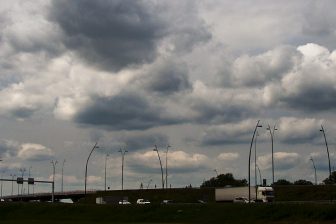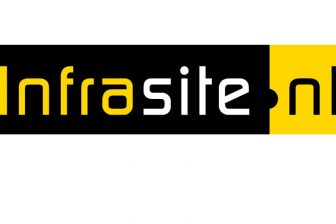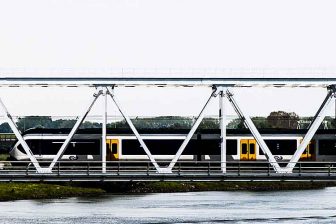World Bank: $30 for urban infrastructure Bolivia
Bolivia: World Bank Discusses Interim Strategy for Next Two Years, Approves $30 Million for Urban Infrastructure
Washington, United States of America – To continue supporting Bolivia in its efforts to reduce poverty, the World Bank’s Board of Directors 2006-11-21 discussed an Interim Strategy Note (ISN) for the country, with financial assistance from the International Development Association (IDA) likely to total $140 million over the next two years. In addition, the Board of Directors approved a $30 million interest-free credit to improve the access to basic services by the urban poor in Bolivia’s major cities.
“Through this new Interim Strategy Note, the World Bank will be able to remain a partner of the new Bolivian government, offering technical advice, practical knowledge, development options and donor coordination support,” said Marcelo Giugale, World Bank Director for Bolivia, Ecuador, Peru and Venezuela. “We are also pleased to support the government’s development plan through a new credit that will help to deliver better quality services to the poor and support Bolivia’s new stage of decentralization,” he added.
The ISN aims to ensure the Bank’s role as a development partner in Bolivia. During the next two years, the Bank will allocate nearly $140 million for ten projects within the priority areas of the government, which include good governance emphasizing anti-corruption, fostering job creation through inclusive growth, and social inclusion through improved public service provision.
Additionally, several Bank studies are planned in the next two years addressing areas of concern for the government, such as regional autonomies and natural resource management. The main goal of these studies will be to bring international experience to help inform the government’s decisions as it formulates policy options. The interim nature of the strategy provides a bridge in the World Bank Group’s assistance to the country until a new Country Assistance Strategy is developed.
Under the Multilateral Debt Relief Initiative (MDRI), the World Bank cancelled IDA debt amounting to about $1.5 billion contracted and disbursed up to December 2003. IDA debt relief became effective July 1, 2006, and is equivalent to budget support of about $43 million annually on average for the next 35 years.
Urban Infrastructure Project
The $30 million Urban Infrastructure Project seeks to improve the access to basic services by the urban poor in Bolivia’s major cities through targeted infrastructure investments and the provision of technical assistance to municipalities in the planning, expansion and sustainability of urban service delivery.
“Bolivia has made substantial progress in improving living conditions, access to basic social services and social indicators during the 1990s; however, the country faces persistent high levels of poverty and inequality,” said Connie Luff, World Bank Country Manager for Bolivia. “This project directly supports one of the government’s priorities, which is delivering higher quality services to the poor while promoting more transparent and accountable institutions,” Luff added.
The Urban Infrastructure Project will focus on La Paz, the country’s capital; the adjacent city of El Alto, one of the fastest growing in the hemisphere; and Santa Cruz, Bolivia’s largest city and commercial and industrial hub of the eastern lowlands, also experiencing rapid population and economic growth. In the case of Santa Cruz, the project will work with the city’s largest sanitation cooperative, SAGUAPAC. When combined, they represent Bolivia’s largest and centrally important urban areas.
Specifically, the project will support the following activities:
- Achieve sustainable improvements in the urban infrastructure and living standards in the poorest neighborhoods of La Paz through comprehensive urban upgrading and neighborhood participation in project implementation;
- Enhance mobility in the city of El Alto by removing infrastructure bottlenecks and introducing measures to modernize public transport services and urban transport management; and
- Expand sewerage coverage in poor areas of Santa Cruz de la Sierra.
The $30 million IDA interest-free credit has a repayment period of 35 years, including 10 years of grace.
For more information on the World Bank’s work in Bolivia, please visit: http://www.worldbank.org/bo
For more information on the Urban Infrastructure Project, please visit: http://web.worldbank.org/external/projects/main?pagePK=64283627&piPK=73230&theSitePK=40941&menuPK=228424&Projectid=P083979
U las zojuist één van de gratis premium artikelen
Onbeperkt lezen? Profiteer nu van de introductieaanbieding voor € 10,- per maand.
Bent u al abonnee?



